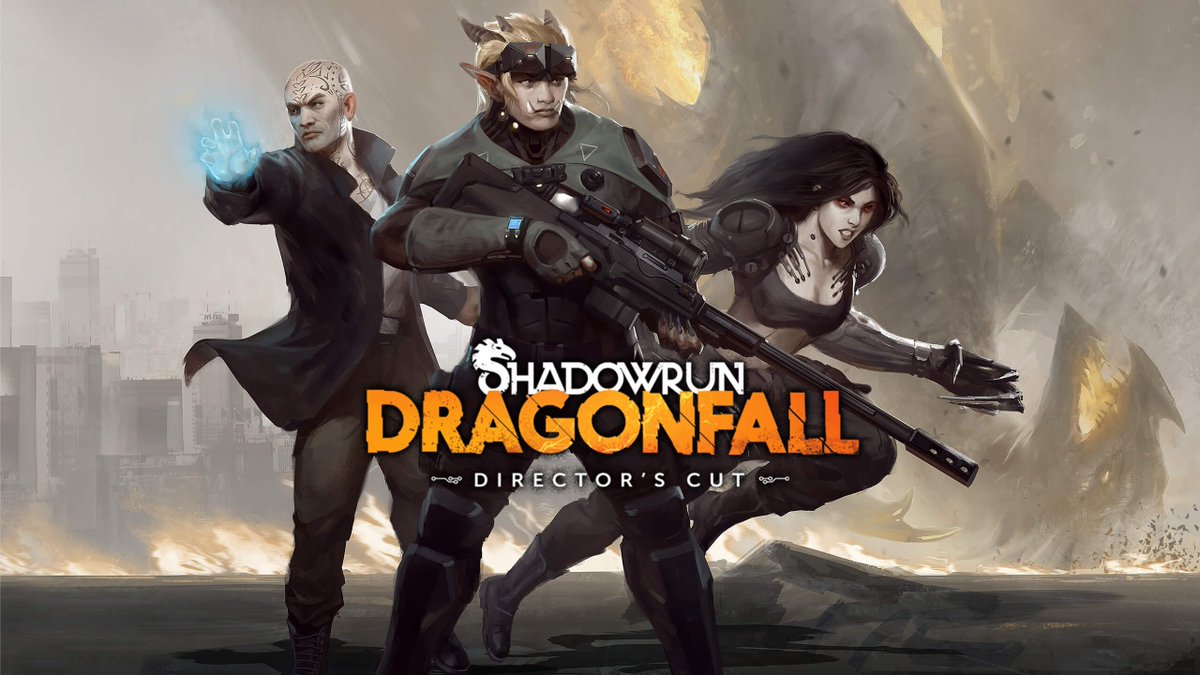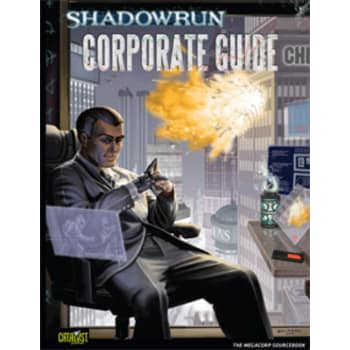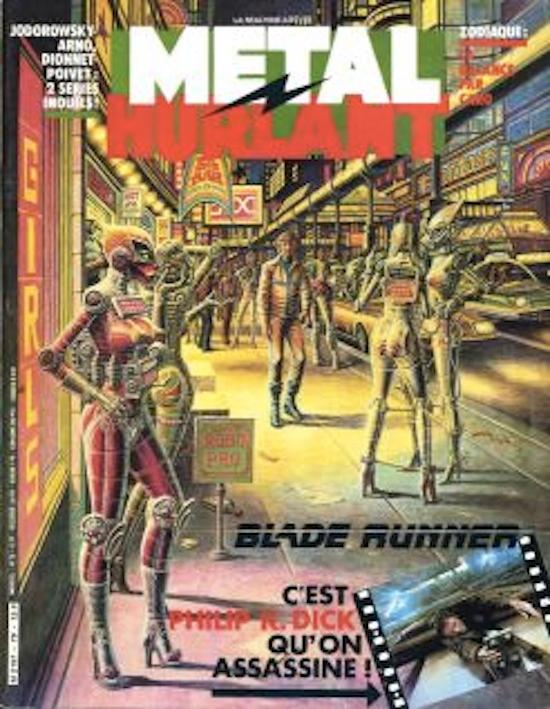
Been thinking a bit about #Fallout lately and how we used the imagery of '50s Americana to underscore the failures of a system predicated on the "glory days" of an America that never was, that never grappled with its underlying problems.
1/
1/

I don't think anyone on the team figured that we'd see a literal real-world MAGA movement based on the notion of uncompromisingly embracing the bigotry and imperialism of Americana. Shows that Fallout did strike a very real chord about jingoism and nationalism, though.
2/
2/

From the very beginning, Fallout portrayed a world in which people succumbed to greed and fear. Instead of cooperating to solve their problems—which were solvable—they relied on violence, alienation, and ultimately, war. (Never changes.)
3/
3/

The struggle to hang on to the past is a recurring theme in Fallout. When the bombs drop in 2077, the U.S. is still deep in the aesthetic grip of the 1950s. Nuclear families (literally and figuratively), happy consumers, pretend-everything-is-great-as-the-world-ends.
4/
4/

Of course, the world didn't end. It just got different.
That's an important take-away from Fallout. The world changes. Society moves on. People become different. Culture morphs, "normal" is a moving target.
5/
That's an important take-away from Fallout. The world changes. Society moves on. People become different. Culture morphs, "normal" is a moving target.
5/

In Fallout, people couldn't move forward. They tried to cling to this outdated notion of a culture that didn't really exist, and then project that idea outward in a quest for power. They tried to force the world into their fake mold. Of course it was doomed to failure.
6/
6/

We see this reflected in our culture struggles today, between folks who think that they can reclaim a fictional past when things were imagined to be great, versus people who lived through the bad elements of that past (and present) and can't let that happen again.
7/
7/

Even the ending of the original Fallout reflects this. You live in a technological shelter that is a crumbling remnant of the old world, and after you experience the world outside, you can't go return. You can't turn back that clock.
8/
8/

The folks looking back have an image in their heads of what the world was "supposed to be" and they will sell that image with billboards, advertisements, magazines, products. They will project it with force, pushing their "right" way on everyone by killing any who don't fit.
9/
9/

These are the same folks who can't imagine why non-white or non-straight people are distressed. In many cases they can't even imagine these people existing. Their fantasy world is one where anyone who isn't like them, who makes them uncomfortable, doesn't exist.
10/
10/

In Fallout, these prejudices are often reflected in attitudes toward ghouls, mutants and synths. But this is a common sci-fi/fantasy turn: Use a fantastical person as a stand-in to explore the social issues faced by real people.
11/
11/

One of the greatest failures of the Powers That Be in the Fallout world was the failure of imagination. They couldn't imagine a world that was different from the status quo. They were so afraid of change that they blew everything up rather than try something different.
12/
12/

They refused to see the world the way that it was. They refused to acknowledge their problems, their hatreds, their weaknesses, and their prejudices. And this refusal to acknowledge the reality of the situation led to their demise.
13/
13/

But Fallout, like other sci-fi/sci-fantasy, contains a seed of hope. There is a tomorrow. The world does go on. People do survive.
To survive, you need to embrace that change. Live for tomorrow, not yesterday.
14/
To survive, you need to embrace that change. Live for tomorrow, not yesterday.
14/

You can't survive by forcing the world to be a fiction that it never was. You have to accept that the world is more colorful, more queer, more exciting than that.
It's not all safe and familiar and predictable. Where would be the fun in that?
~Fin~
It's not all safe and familiar and predictable. Where would be the fun in that?
~Fin~

• • •
Missing some Tweet in this thread? You can try to
force a refresh













